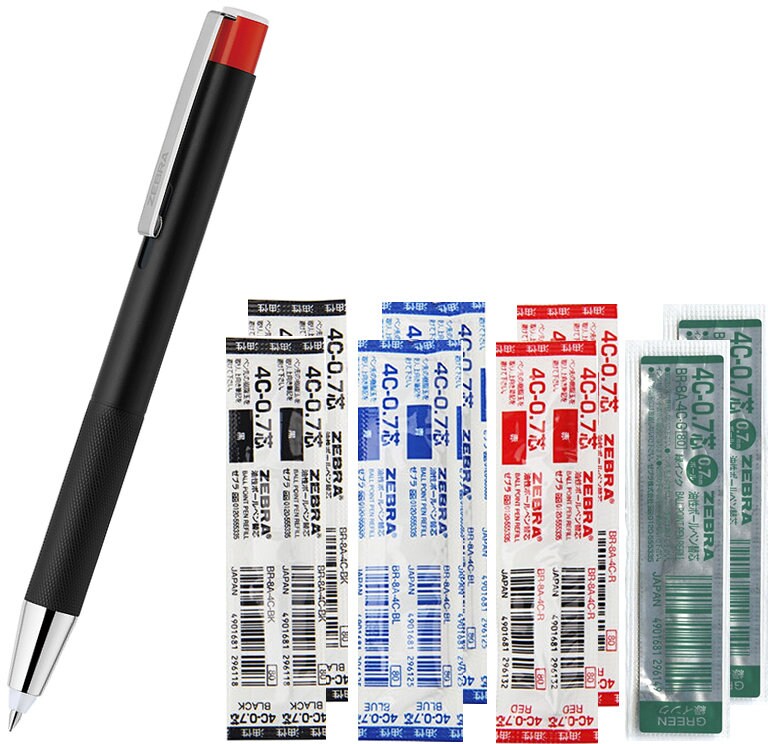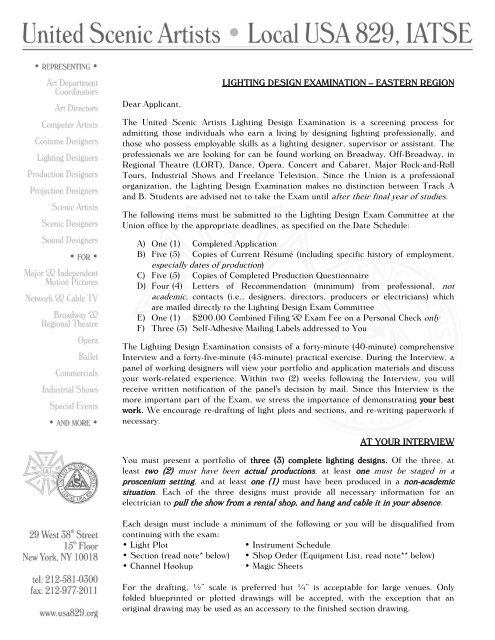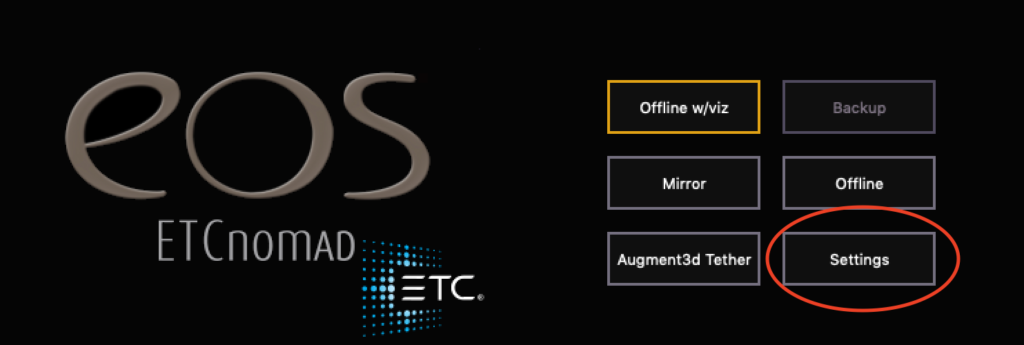

The lighting instruments in the Vectorworks Spotlight product represent more than simply a graphical symbol.

Thousands of instrument symbols are available for import, from resource libraries provided with the Vectorworks application, from subscription libraries available through Vectorworks Service Select, and from third-party providers. Select the Lighting Instrument tool to place lighting instruments on the lighting positions. The label legend specifies which data fields to display for the instruments, as well as how the fields are laid out.ĩ. Select the Label Legend Manager command to create label legends for your lighting instruments. In step 10, you will assign these focus points to specific lighting instruments.Ĩ. Use the Focus Point tool to create focus areas. Make the symbol active in the Resource Browser, and then use the Lighting Position tool to insert additional lighting positions.ħ.

To use the same geometry for multiple lighting positions, select the option to create a symbol when you convert the geometry. From the Object Info palette, enter a Z value to indicate the height of each position.Ħ. Select the Spotlight > Object Conversion > Convert to Light Position command to convert each object into a light position. You can also draw your own 2D or 2D/3D geometry. Use the Lighting Pipe, Lighting Pipe Ladder, Straight Truss, and Curved Truss tools to create lighting position geometry. The Vectorworks program can also import drawing elements from several file types, such as DXF/DWG, PDF, and SketchUp.ĥ. Alternatively, create a design layer viewport to reference an external Vectorworks file your file will be updated automatically if the external file changes, and the external classes will not be imported into your file. From a Vectorworks file, you can paste or import items directly into your file (you might want to apply your own classes to them first). Copy or import design elements (such as theater architecture or scenic designs) from other files, as needed. Changes that you make in both the Lightwright and Vectorworks programs are shared seamlessly.Ĥ. If you use Lightwright, set up automatic data exchange this creates a file with the same name as the Vectorworks file with an .xml file extension, which you can then open in Lightwright. Select the File > Document Settings > Spotlight Preferences command to set default lighting device parameters, and to specify whether universe assignment should be handled automatically.

Create a new project file from your template file.ģ. Select the File > Save As Template command to save the file.Ģ. All design layers should use the same scale. It is recommended that you plan to place the stage, focus points, and scenic elements on separate design layers plan to place the lighting positions, lighting instruments, and accessories together on one layer. You might also set options you commonly use, such as the default object attributes and page size. The template can contain all of the resources, classes, and design layers you use on a regular basis. Create a template file that you can use to start new design files, or from which you can import standard elements into other files. The following general workflow is recommended.ġ. The Vectorworks Spotlight product provides the lighting designer with all the tools necessary to plan and create a light plot and its associated paperwork.


 0 kommentar(er)
0 kommentar(er)
